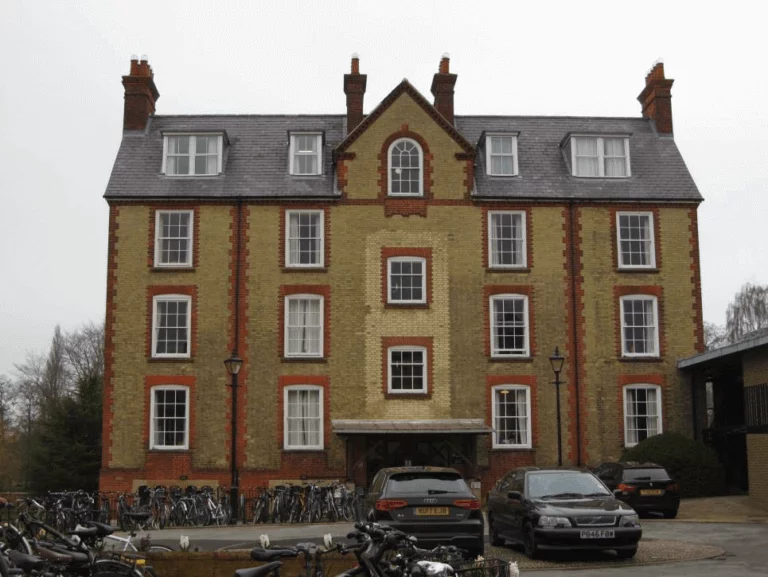
St Hilda’s College insulates, switches to LEDs and makes use of smart technology to improve energy efficiency
St Hilda’s College encompasses buildings constructed from 1790 to the present day. The estate features a central main site in Oxford and several off-site student accommodation blocks in East Oxford.
The College received a comprehensive energy assessment from our team. Read on to find out the measures recommended and their plans for improvements.
Windows, lofts and boilers
The College has a large number of single glazed windows throughout; our Assessment recommended that double glazing be installed to improve the insulation in the building, reduce energy used for heating, and to better maintain the indoor temperature.
Loft insulation became a focus in St Hilda’s planning for its buildings, with a priority on those buildings most heavily used, or where noticeable heat loss was causing discomfort for users.
The Assessment also uncovered that there were uninsulated sections of pipework that needed upgrading. Insulating all pipework, valves, pumps, and flanges in a heating system can result in a heat loss reduction of up to 90% in the boiler room, with payback often achieved within just 1-2 years.
LEDs lighting upgrades
The Workplace Energy Efficiency Assessment also revealed that approximately 50% of lighting was not LED, so replacing these was made a priority in St Hilda’s College buildings. LEDs are very energy efficient, reducing electricity use by up to 90% compared to other lighting.
EcoSync radiator valves
EcoSync technology was slated to be deployed in 100 rooms at St Hilda’s. Utilising innovative technology, EcoSync achieves a remarkable up to 40% reduction in energy consumption and carbon footprint by preventing the heating of unoccupied rooms.
Instant savings:
- Lighting upgrades save around 10-15% on electricity use
- System and fabric upgrades save around 15% on gas use
- Realistic payback periods 2-5 years
Moving forward
As St Hilda’s College moves towards best practice in energy management, numerous opportunities arise to engage students, staff, and site visitors in energy-related matters. Potential activities include sharing information on energy consumption and recent improvements, encouraging user input into policies and procedures, and providing opportunities to actively participate in reducing energy usage.
The option of PV panels (and other renewable technologies) is also being considered.
Discover how you could be saving energy with an Energy Assessment
Are you inspired to reduce your energy waste? We can help. Book an Energy Assessment with our expert team and find out how you manage your energy to save money on your bills and cut your carbon emissions. Businesses typically save 19% on energy costs after implementing our recommendations.
